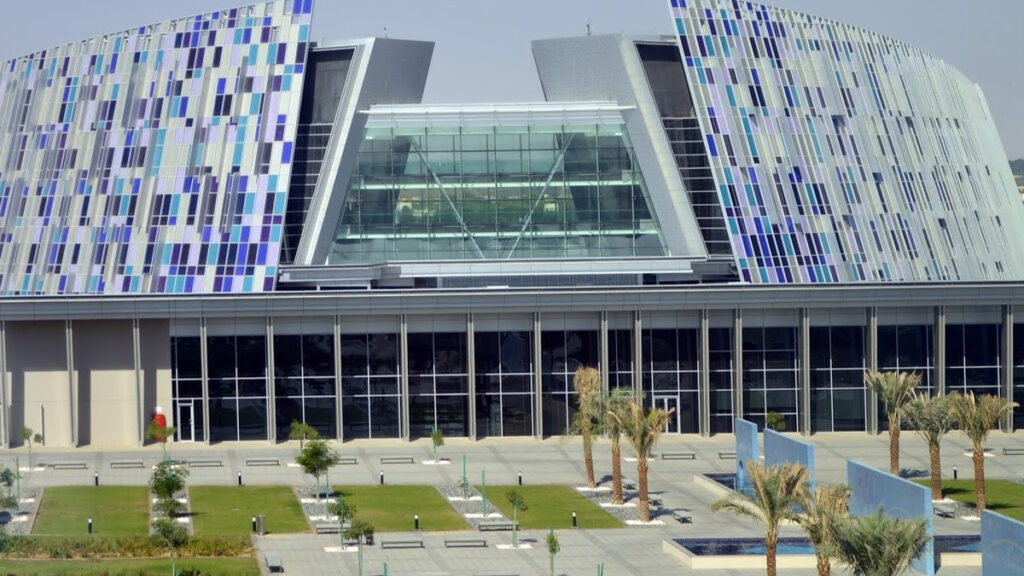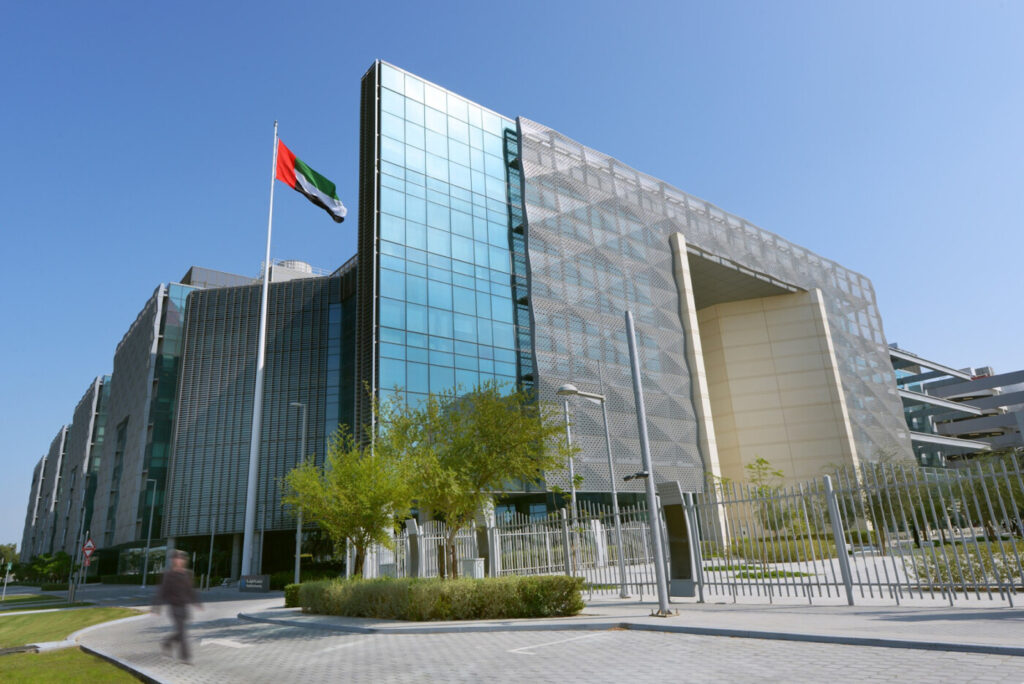
Thousands of school-leavers go abroad every year to pursue higher education. Recently, they have focused not only on the US and Europe but also on Asia and the Middle East. Eight universities in the United Arab Emirates are ranked among the best universities in the world by QS World University. There are also branches of international universities in the United States, the United Kingdom, and other countries.
These universities are taught in English. Each bachelor’s degree course costs an average of $680 per semester. Normally, a student takes 4-5 courses, so the average cost of a semester is $2720-$3400.
City: Al-Ayn

This is the country’s first and most comprehensive state university, founded by the first President of the United Arab Emirates, Sheikh Zayed ibn Sultan Al Nahyan.
There are now 14,000 students, including foreigners. The university has nine colleges with the following courses:
The UAE University ranks fifth in the Arab world. It has an international faculty and a wide range of student support services. It has research centers that study areas important to the country’s development, from water resources to cancer treatment.
READ: Dubai Marina: Everything You Need To Know

The university has more than 6,000 students and 530 teachers.
For the first 10 years, Zayed University was open only to women from the UAE (from 1998 to 2008), and later to men and foreign students. Today there are six colleges with directions:
State University. It is among the four Middle Eastern universities with accreditation to the United States higher education system on MSCHE assessment (Middle Atlantic Higher Education Commission). The university’s geography will soon expand: in addition to the campuses in Dubai and Abu Dhabi, a third will be opened, in Ras al-Khaimah.
READ: Abu Dhabi Driver’s License: How to Get a Driver’s License in Abu Dhabi
The Institute of Arab and Islamic Studies Al-Maktoum in Scotland, the Australian National University, the Complutense University of Madrid in Spain, Waseda University in Japan.
Cities: Dubai, Abu Dhabi, Al-Ain, Fujairah, Ras al-Khaimah, Sharjah, Madinat Zayed, Ruwayz.

It is the largest public applied higher education institution in the UAE and the country’s first free economic zone university.
This makes it possible to launch business projects on its territory without the necessary involvement of local partners or agents. Applicants may choose one of the following programs for the baccalaureate:
The main feature of the university is the practical nature of all specialties. In 30 years 65,000 graduates passed through the doors of the university. There are 16 campuses in total, most of which are separate for boys and girls (except for the new buildings in Ruwayce and Madinata Zayed). Teaching and student staff are multinational.
Cities: Abu Dhabi, Sharjah.

This private institution specializes in applied fields of knowledge. Despite its youth (it was founded in 2007), the university already ranks 268 in the QS world ranking.
In addition to the number of students, there are also teaching staff who come from more than 40 countries. The Ministry of Education and Science of the Republic of Belarus is responsible for the training of teachers. A small, almost «family» university (with no more than 500 students) offers 13 bachelor’s degree programs, 22 master’s programs, and 7 doctoral programs (Ph.D.). In addition to the training centers, there are also 18 research centers and institutes.
READ: Egypt, UAE resume first Qatar flights since 2017
The most promising areas are:
The University participates in UAE competitions, especially in the areas of e-government, e-learning, health, energy, and aerospace. The university is not only closely linked to the government initiatives of the Emirates, but also extends its ties to the world through cooperation with international scientific organizations from the United States, the United Kingdom, and South Korea. Other advantages include a solid library and ample opportunities for sports.
Cities: Ajman, Fujairah.
The university was founded at the same time as the Higher Colleges of Technology – in 1988 – and became the first private university in the Arab States of the Persian Gulf.
The university is considered one of the most suitable for international education: by this criterion QS ranked it as the 6th in the world. In addition, Ajman, a neighbor of Sharjah, was ranked 61st in the student city rankings of the world.
A few more figures: five university programs have received international accreditation, 30 partnerships have been formed for student and scientific exchange, 38,000 students of 72 nationalities consider this institution their alma mater.
At Ajmansk University, foreign students may obtain one of the following degrees:
There are nine colleges, 24 bachelor’s degree programs, and 12 master’s degree programs. In addition to the two Ajmans campuses, there is one in Fujairah.